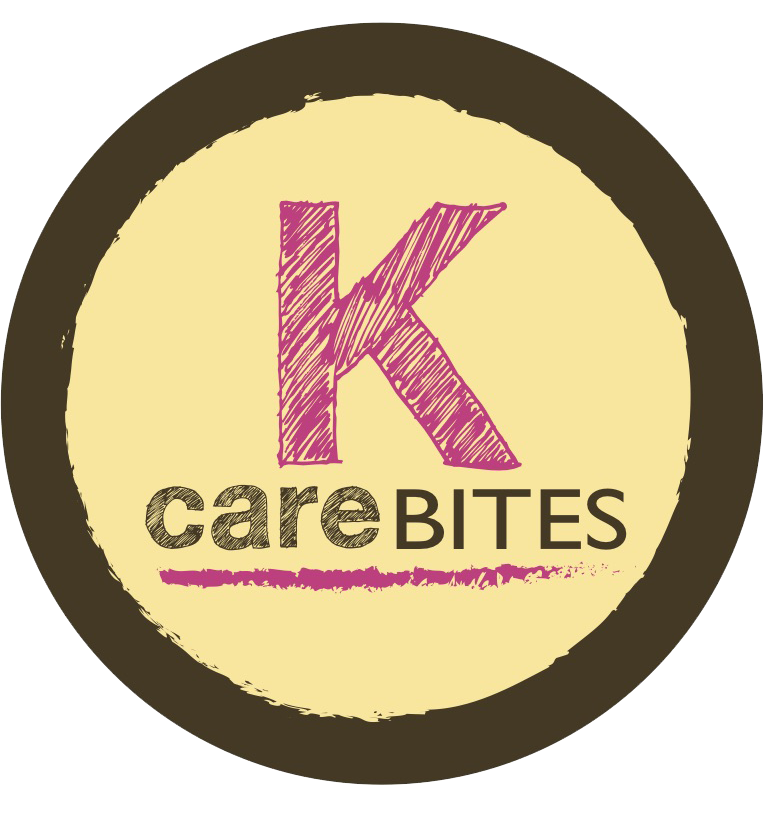Why should I change my lifestyle?
- Posted on: Jun 10 2016
- Leave a response
Our current healthcare system focuses on acute illnesses. When you are sick, you go to the doctor’s office. The doctor checks your symptoms, gives his or her diagnosis, and prescribes medication. However, evidence shows that we need to put more emphasis on a patient’s long-term health.
For example, say there is a woman in her mid-20s who is healthy. However, she has a family history of cardiovascular disease. While in the short-term she will probably remain healthy, her health becomes less certain later on in life. She should be taking proactive measures to maintain a healthy lifestyle and prevent diseases, especially ones that she is genetically predisposed to. This is where lifestyle and disease management programs come into the picture.
Patients who participate in comprehensive lifestyle modification programs experience rapid, significant, clinically meaningful and sustainable improvements in outcomes for their chronic medical conditions. A good program is one that takes a multi-disciplinary approach, focusing on multiple areas that a patient can improve upon. Such areas include a patient’s diet, physical activity, and mental health.
Chronic diseases and conditions-such as heart disease, stroke, cancer, type 2 diabetes, obesity, and arthritis-are among the most common, and preventable of all health problems. Just as chronic diseases share many of the same causes, many of the same strategies and interventions can prevent them or lessen their severity. These interventions include nutrition, culinary techniques, physical activity, and stress management approaches of meditation, yoga and behavioral health coaching to improve outcomes for patients at risk and those who already have common chronic diseases.
Studies have also shown that by demonstrating their capacity to reduce hospitalization rates, lower treatment costs, and enhance patients’ health and quality of life, lifestyle and disease management programs are receiving their due attention.
Start by taking a step back and asking yourself: Are my habits reducing or increasing my health risks? Is there more I could be doing to reduce my risk for diabetes, cancer, or heart disease? Then ask your parents and grandparents what chronic illnesses they have. Accordingly assess your risk. Finally give yourself the gift of health- enroll in a lifestyle and disease management program today!
Posted in: An Apple a day



